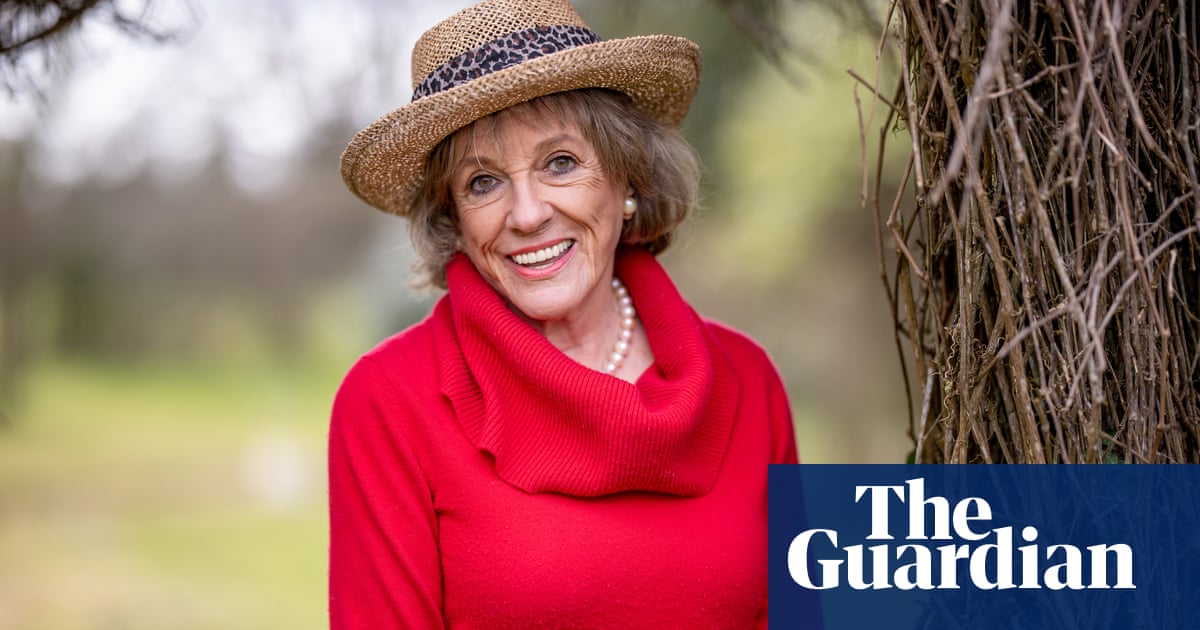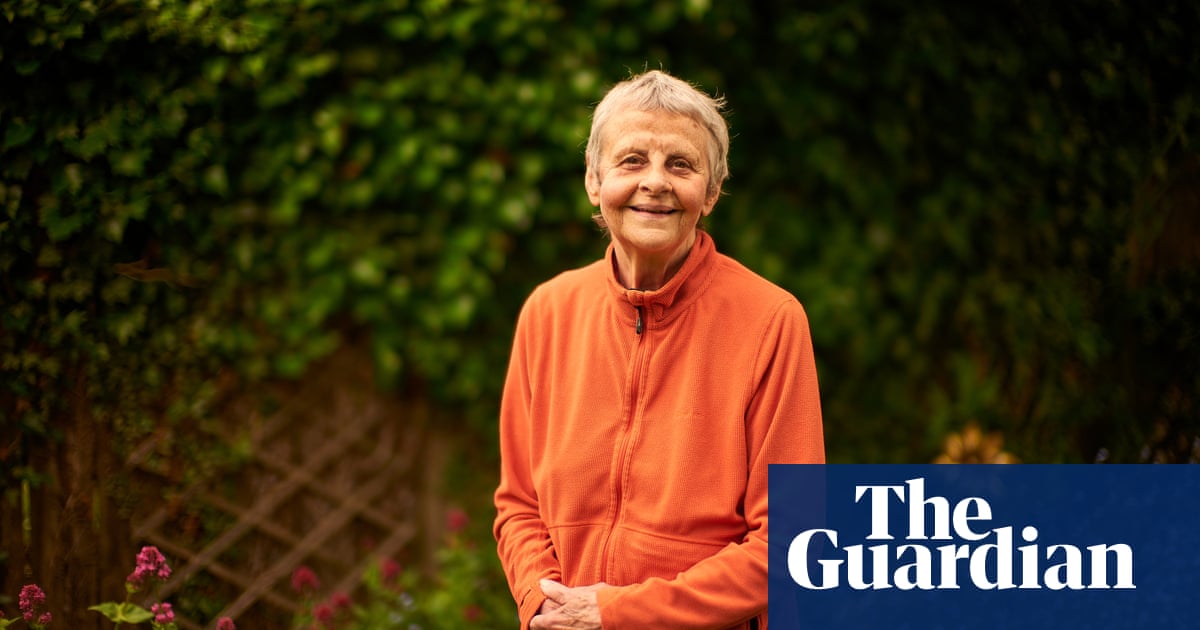
The British Medical Association (BMA) has dropped its opposition to assisted dying and adopted a neutral stance on the issue.
The doctors’ union, which represents about 150,000 medics, voted to change its official position following a debate by members at its annual representative meeting in London. It had opposed legalising assisted dying since 2006.
Campaigners seeking a change in the law welcomed the “historic milestone” and said it could help pave the way towards a future change in the law.
Some 49% of the BMA’s representative body voted in favour of a motion for it to move to a position of neutrality on assisted dying, including physician assisted dying, with 48% against it and 3% abstaining.
The union, one of Britain’s most influential medical bodies, said that while the decision meant it would neither support nor oppose attempts to change the law, it would not be silent on the issue.
The BMA also insisted doctors must have legally protected rights to conscientiously object to participating should there be a change in law in the UK.
It passed a second motion calling for “robust conscience rights” to be included in any future legislation on assisted dying in the UK, meaning healthcare workers should be able to conscientiously object to participating in assisted dying.
The dramatic shift in policy follows a BMA survey in 2020 which found for the first time that doctors in support of a law change outnumbered those against. The poll, which heard from almost 29,000 doctors and medical students, showed that 50% personally believed doctors should be able to prescribe life-ending drugs for patients to take themselves – 39% opposed this and 11% were undecided.
“Assisted dying is a highly emotive and sensitive topic that inspires a broad spectrum of views and opinions both across the wider public and among the medical profession, for whom any change of law would have a profound impact,” said Dr John Chisholm, BMA’s medical ethics committee chair, after the vote.
“As evidenced by the results of our recent survey of the profession and in today’s in-depth debate, doctors have a wide range of personal views on this important issue, and as such representatives have decided that the most appropriate position for the BMA, as the professional body which represents all doctors and medical students in the UK, to hold is to be neutral on the topic.
“This is an important day for the BMA and the medical profession, clearly demonstrating that we as an organisation are listening to our wider membership on such a crucial issue, and developing policy based on their valuable feedback.”
Proposing the motion at the BMA meeting, Dr Robin Arnold said moving to a neutral position would allow the union to represent all its members. But some members warned that a neutral stance would be seen as “tacit” approval of euthanasia.
Campaign groups seeking a change in the law welcomed the move. Dignity in Dying’s chief executive, Sarah Wootton, said: “This is an historic decision and a victory for common sense. It brings the BMA in line with a growing number of medical bodies in the UK and around the world that truly represent the range of views that healthcare professionals hold on assisted dying.”
Trevor Moore, the chair of My Death, My Decision, added: “Today’s decision represents a historic milestone in the campaign to legalise assisted dying that will help to pave the way towards a future change in the law.”
A private member’s bill to legalise assisted dying in England and Wales is due to have its second reading this autumn, after its launch in the House of Lords in May. A similar bill was launched in Scotland in June.
Andrew Copson, chief executive of Humanists UK, described the move as a “seismic development”.
He said: “With the possibility of legislation now on the horizon, today’s decision will be seen by patients and families as a validation of their wishes. We hope it will also be seen by parliamentarians as a green light for changing the law, as supported by the overwhelming majority of the public.”
However, Dr Gordon MacDonald, the chief executive of Care Not Killing, said current laws protected vulnerable people and did not need changing.
Polls show a majority of voters back a change in the law. The Royal College of Physicians, the oldest medical college in England, dropped its opposition to assisted dying and adopted a neutral stance on the issue in 2019.












